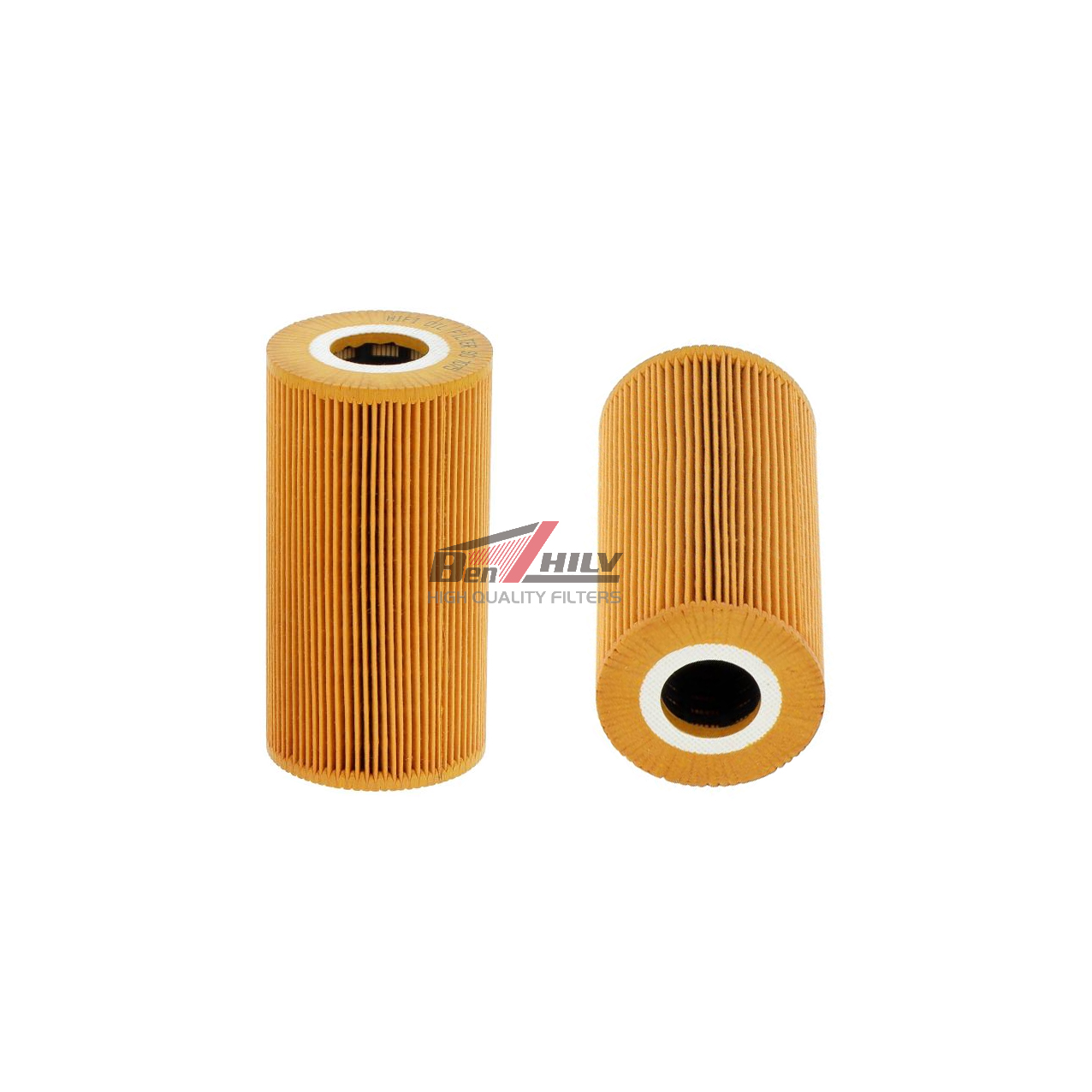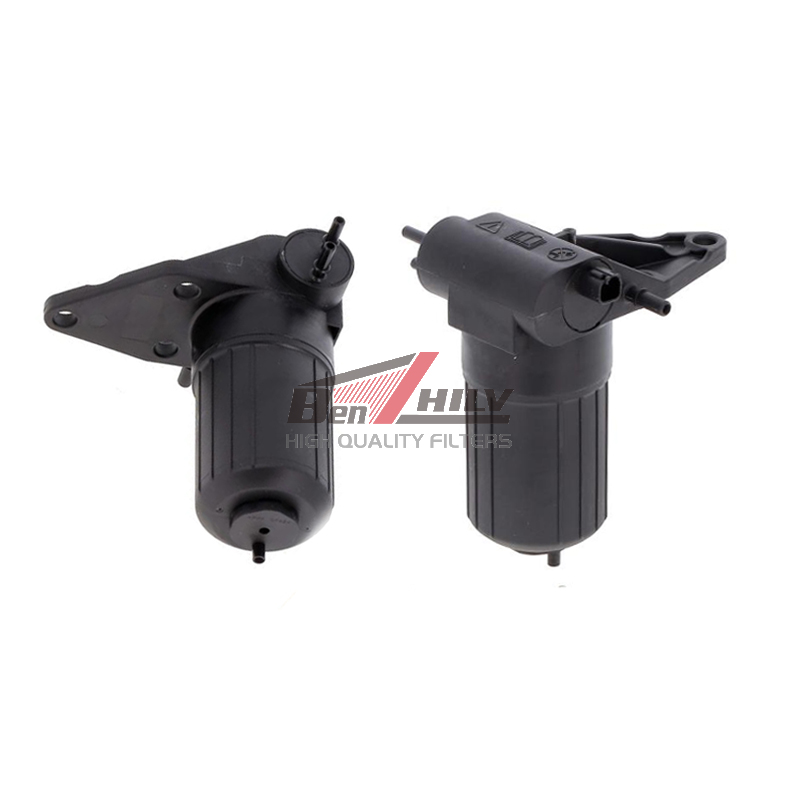You take your vitamins, eat well, exercise and wash your hands to prevent getting sick and going to the doctor’s office, and you should take the same preventative steps with your car. Maintaining your car can extend its life and help prevent major repairs that will cost you a fortune in the shop. Rachel Cruze: 10 Used Cars Under $10K That Are Worth Buying I’m a Mechanic: Here Are the 6 Best Luxury Cars I Recommend
Here are some simple ways to keep your car good running condition by maintaining it and spending a little money here and there so you don’t get stuck with some of the most expensive car repairs. Oil Line Filter

One area where it’s worth it to spend a little more money is to get an oil change with synthetic oil, suggests Mike Nocera, owner of Long Island Mobile Mechanic in Huntington, NY. “Synthetic oil will break down differently than regular oil,” he said. “It also burns at higher temperatures. It’s better than regular oil because it gets into certain spots that regular oil can’t get into. For newer cars, you’re supposed to only use synthetic.”
Filling your car with branded fuel rather than the cheapest gas from any gas station will ensure that the proper detergents/additives are present to help protect the seals, injectors and valves, said Steve Sargent, owner of Milex/Mr. Transmission in Cary, North Carolina.
See if your car’s air filter needs to be replaced, suggested Nocera. Doing so can help keep the spark plugs running optimally and make sure your car is getting the right amount of air flowing into the engine. Most replacement air filters cost between $20 and $75. Make sure you’re getting the one that’s recommended for your make and model car. It’s suggested you replace air filters every 12,000 to 15,000 miles.
Adding this to your gas tank can extend the life of your car and improve gas mileage. Nocera recommended Chevron Techtron. It’ll help you get better gas mileage, better fuel economy and improve power by removing harmful carbon deposits that form on critical engine parts, said Nocera. Check the label for directions as to when you shoud add it to the tank and how many gallons should be in reserve.
Don’t ignore minor issues, as they will always lead to bigger and more expensive problems, Sargent said. That could be the faint noise you hear, a slightly underinflated tire or a subtle tug to the left or right of the wheel that’s often ignored because it doesn’t seem to be major enough to take in for service.
Hooking this $25 device up to your car can save you money by identifying problems and reading out codes. Nocera recommended the ANCEL AD310 Universal OBD II Scanner. This can help determine the cause of the “check engine” light coming on by reading out codes. “It can let you know if there’s a loose gas cap or loose hose,” Nocera said.
There are ones you can buy for around $50 that will tell you exactly what the code means but you can get this cheaper version and search online for the code readout’s meaning. This little device can save you the headache of going to the shop and spending $200 for something that’s easy to fix. “It’s plug and play,” said Nocera. Follow the directions on each manufacturer’s device. No need to pop the hood, either. You’ll install it under the steering wheel and turn the key in the ignition to the on position but not run. By running the codes, you’ll learn more about any issues and whether they’re easy to fix at home or require help of a professional.
“Driving style is directly related to how long and how reliably your vehicle will last,” said Sargent. “Aggressive driving increases the heat in the engine, transmission, brakes, tires, etc. Heat is a killer for mechanical devices. The life of your transmission is cut in half for every 10 degrees above normal operating temperatures. Bombing up or down the mountains will cause engine, transmission and brake temperatures to exceed normal operating ranges, chopping significant life off of your vehicle’s lifespan.”
Avoiding traffic is easier said than done. But frequently putting your car through stop-and-go traffic is going to wear down some parts of your engine faster than someone who drives the same car and isn’t subjecting their car to idling. It also wears down brakes faster, can clog filters and reduce the car’s fuel economy — all of which add up to more money spent on your car in the long run. If you have the time to take a less congested scenic route, give it a go once in a while.
Keeping your fluids filled up can help keep your car running well and extend the life of it, said Nocera. You’ll want to check that you have enough motor oil, and top it off if it needs to be filled (or get an oil change).
While you’re under the hood, check the radiator fluid, transmission fluid, power steering fluid and brake fluid. Always check your car’s manual to local the compartments for these fluids, the types to fill it with, how much you need and how often. If you’re a “hands-off” driver when it comes to filling car fluids, you could ask the mechanic to check the fluids and fill everything up at your next oil change.
If you’re able to pull your car into your home garage or store it in an enclosed space, that can help add years to your car. Why? Rust, said Nocera. It can destroy cars exposed to moisture from rain and humidity — and snow and salt on the road. Rust can damage the structure of the vehicle, damage the frame and eat away at the car. If you notice rust on your car, address these issues right away at your mechanic’s repair shop.
Make it a point to get a few professional car washes throughout the year. “Rinsing the car walls will extend the life because it will get the dirt and debris off the engine, sensors, brakes and the undercarriage,” Nocera said.
Sargent agrees that keeping your car clean — inside and out — can help extend the vehicle’s life. “In this business we see all kinds of vehicles and vehicle conditions,” he said. “Those who keep their vehicle clean inside and out also take care of all the little things a vehicle needs to keep running properly. People treat clean vehicles better and the vehicle operates better when clean.”
Zelle Scams on Facebook Marketplace: How To Recognize and Avoid Them
I Grew Up Poor: Here Are 8 Things I Never Waste Money On
Experts: Make These 7 Money Resolutions If You Want To Become Rich on an Average Salary
The 7 Worst Things You Can Do If You Owe the IRS

Hydraulic Oil Cleaner This article originally appeared on GOBankingRates.com: I’m a Mechanic: The Best $100 You Can Spend on Your Car’s Maintenance